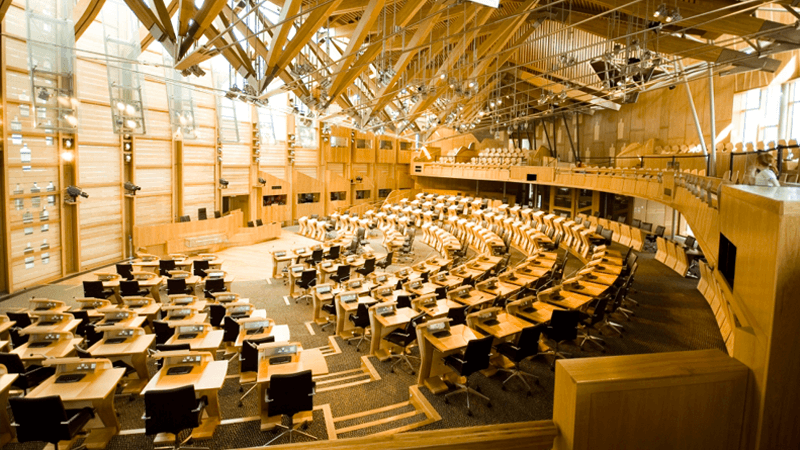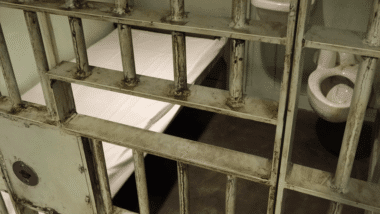A top academic has criticised the Scottish Government’s proposed hate crime legislation, saying it would have a significant impact on free speech.
The Hate Crime and Public Order (Scotland) Bill seeks to extend the law on ‘hate crime’ against particular groups. The Bill lists these as age, race, disability, religion, sexual orientation, transgender identity and variations in sexual characteristics.
Dr Andrew Tickell, of Glasgow Caledonian University, questioned the plans to criminalise “stirring up hatred” on these grounds, even if there is no intent, which he said risks “serious injustice and social harm”.
Free speech
The Bill was drawn up following Lord Bracadale’s independent review of hate crime law.
If it passes, words or behaviour considered to be “threatening or abusive” and “likely” to stir up hatred would constitute an offence.
Free speech clauses are included in relation to sexual orientation and religion, which will provide some protection for legitimate debate, but there are no such clauses surrounding transgenderism.
This raises the possibility that politically-motivated complainants might use the change to the criminal law to shut down critics of radical gender ideology.
Intent
Ciarán Kelly, The Christian Institute’s Deputy Director for Communications, said the new Bill represents a serious threat to religious liberty and free speech.
“This is a very concerning Bill. If it becomes law it could have implications for many areas of life. In this day and age certain groups are far too quick to find offence whenever someone disagrees with them.
“Biblical truth is offensive to many. Sadly, it is not difficult to see how the broad language of the Bill might be used to suppress free speech. The draft includes some welcome free speech clauses, but they don’t protect the freedom to disagree in every area that’s necessary.
“Intent to stir up hatred is not required for an offence to be committed, meaning people may become criminals simply because they didn’t realise how their honestly expressed views might be interpreted.”
Also see:
Thinking you’ve been excluded counts as ‘hate crime’ says CPS


